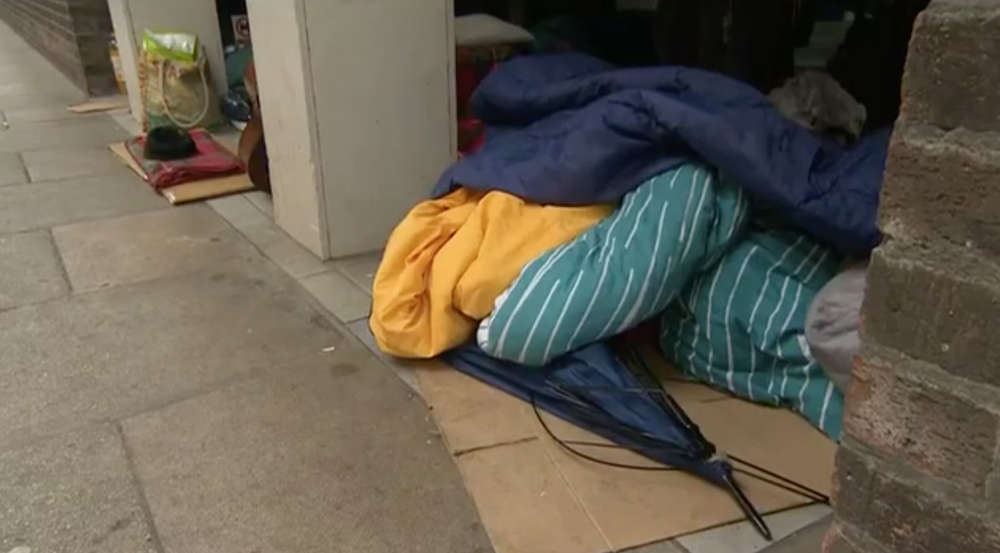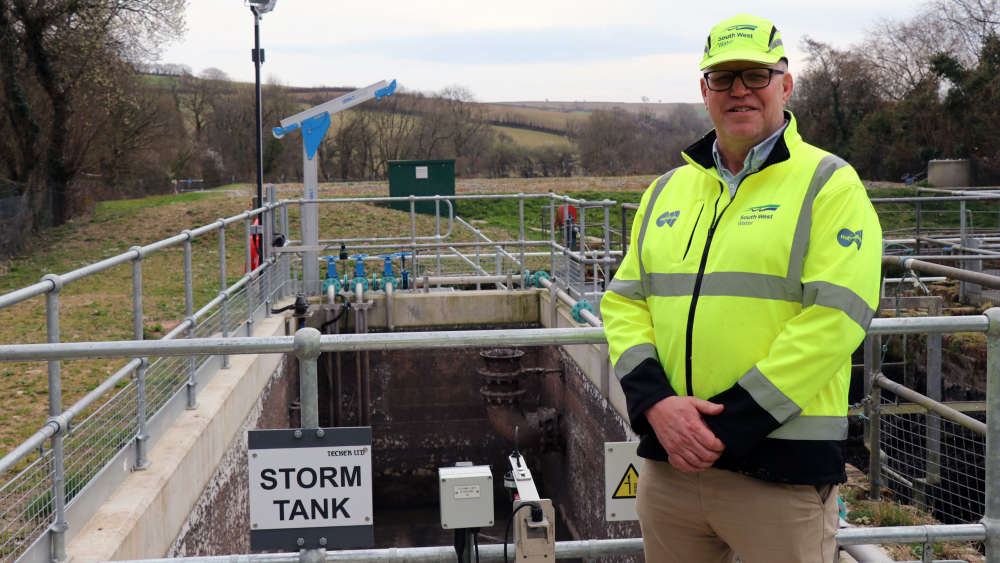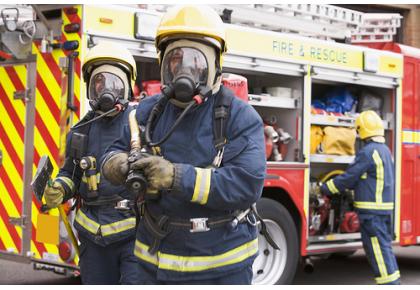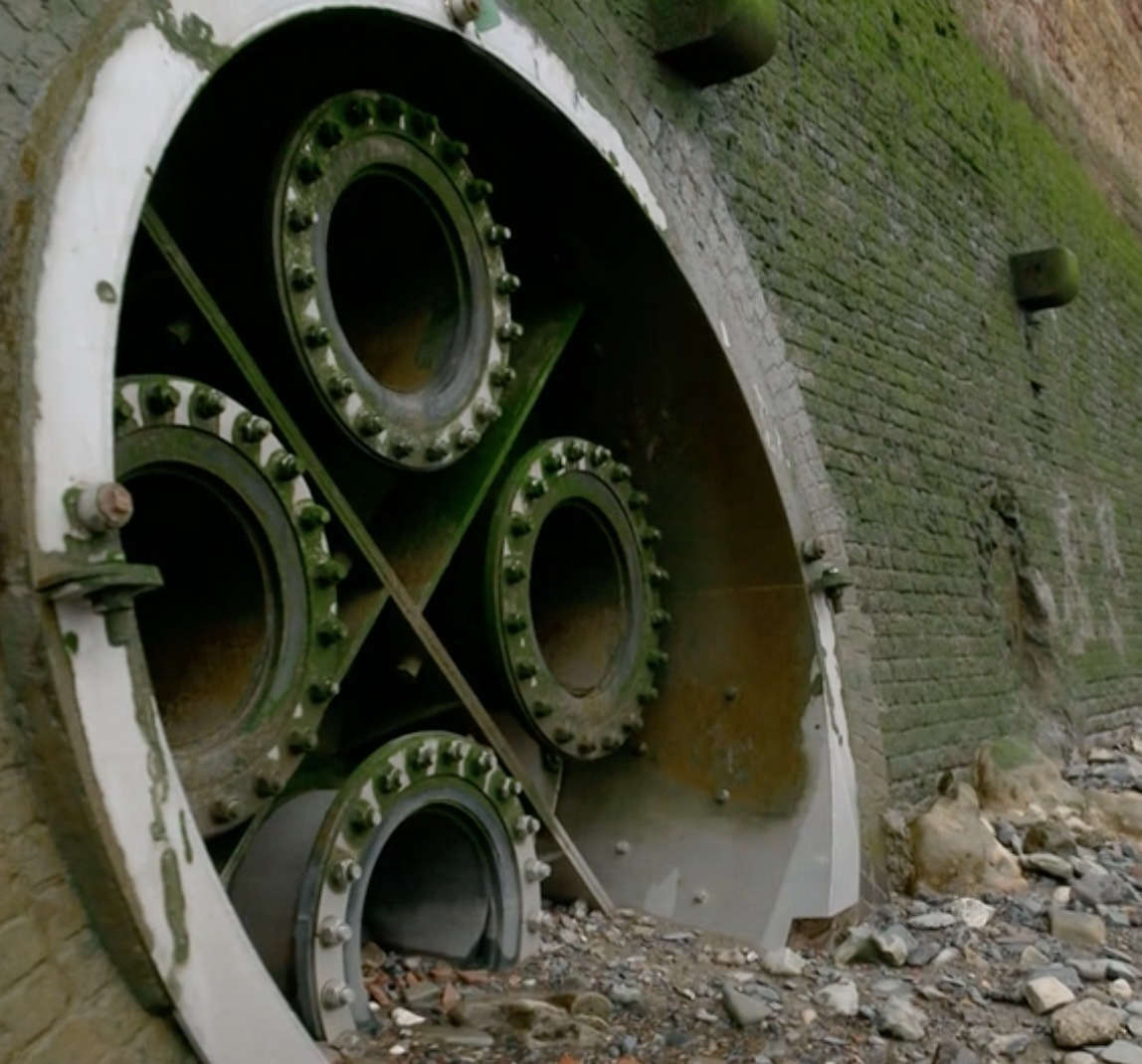
Concern that cash goes to private landlords
Spending on emergency temporary accommodation has increased by more than 2,000 per cent in East Devon in six years as the council battles an escalating housing crisis.
In a response to a question by Councillor Paul Millar (Labour, Exmouth Halsdon), East Devon District Council (EDDC) revealed it has spent slightly more than £400,000 on temporary accommodation in the 2020-21 financial year. This is a £383,278 – or 2,266 per cent – rise on the 2014-15 financial year, when the council spent just £17,699.
It is also a huge increase on 2019-20, when £283,996 was allocated. Even more could go on temporary housing this year, with £155,000 already spent.
The money pays providers of accommodation, such as private landlords, B&B owners and hoteliers to house the rising number of people in East Devon who are homeless.
Responding to the figures, Cllr Millar said: “The sheer scale of taxpayers money going private landlords, B&B owners and hoteliers to accommodate homeless people is terrifying and scandalous.”
He asked the council’s cabinet to look into borrowing money to build and purchase more properties to save money going out of the council and into private hands.
Cllr Millar added: “Investing in owning our own stock would be preferable to frittering large sums of money away year after year paying commercial rates.
“Our lack of action is encouraging hotels, B&B owners and landlords to set up business models which profit from homelessness, a situation I believe residents of the district will find totally unacceptable.”
East Devon is facing a dramatic rise in homelessness, which they claim is due to the pandemic, government policy on evictions and a lack of affordable housing.
Councillor Dan Ledger (Democratic Alliance Group, Seaton) portfolio holder with responsibility for social and affordable housing said: “When this administration came to power in June 2020, the housing crisis was identified as one of the main priorities that needed an early intervention.
“In the last year the council has purchased 12 self-contained units to add to its housing stock specifically to help with this issue. However due to the pandemic and other recent unprecedented events, the demand for accommodation across the district has vastly outstripped supply and we have needed to use local B&B’s and hotels to house our residents who need our help the most.”
Cllr Ledger pointed to a plan adopted by EDDC at full council this week which he said prioritises affordable housing and temporary accommodation. He added: “Plans to address this long-standing problem are being developed by officers as we speak.”
A recent EDDC report said an “unsustainable” number of people are approaching the council for help. The housing options team, which assists those who are homeless or risk facing homelessness, says staff are struggling to keep up and are dealing with caseloads never before seen by EDDC.
Last month the council’s cabinet agreed to hire two extra housing officers for the next year to address a ‘second wave’ of homelessness which they said has been caused by the pandemic and is being exacerbated by the government allowing evictions to begin again. It was reported that current housing staff have been unable to keep up with cases with some taking time off because of stress.
Earlier this month the cabinet agreed to create an affordable housing task force to help combat its housing crisis. The task force will be a team of newly hired staff and will aim to increase affordable housing.
According to a report by Devon Home Choice, more than 2,650 households are in housing need in East Devon, the third-highest in the county.
The council says it provides 200 to 300 new affordable homes per year, mainly by buying existing properties, but this isn’t enough. One officer described it as “no small feat, but insufficient to keep pace with current demand.”
It is also thought the government’s right-to-buy policy is undermining efforts to provide social housing. At present EDDC is forced to sell around 30 properties each year as people choose to buy their council house. One officer describes it as “haemorrhaging” social housing in the area.
Categories: Housing
 North Molton storm overflows halved
North Molton storm overflows halved
 Exmoor Coaster service coming back under different name
Exmoor Coaster service coming back under different name
 Bodmin Moor fires are suspicious
Bodmin Moor fires are suspicious
 Storm overflow prevention work set for Plymouth
Storm overflow prevention work set for Plymouth
 Help needed to find Exminster pensioner
Help needed to find Exminster pensioner
 City lose at home again
City lose at home again
